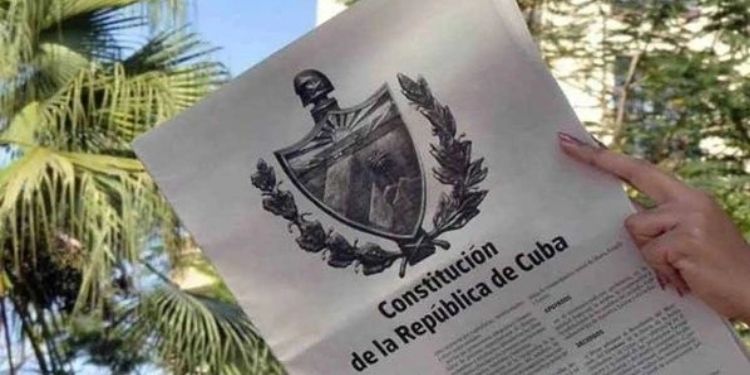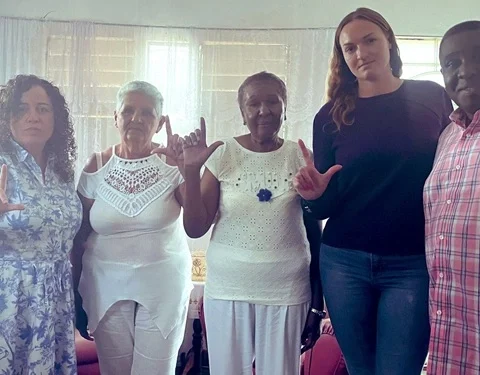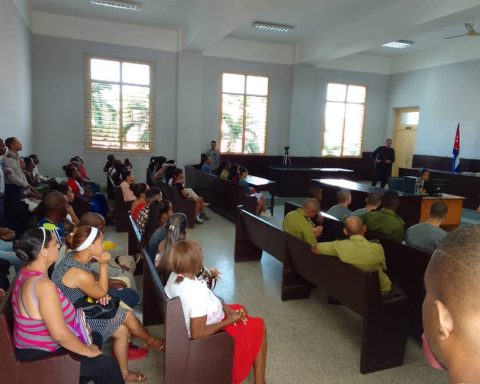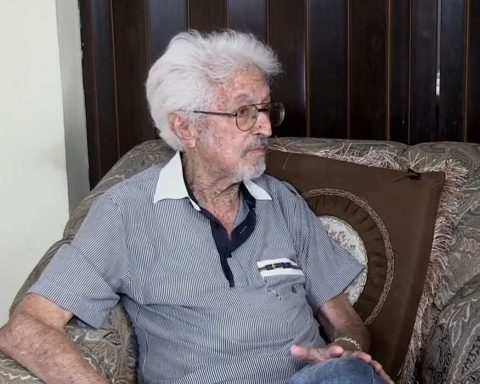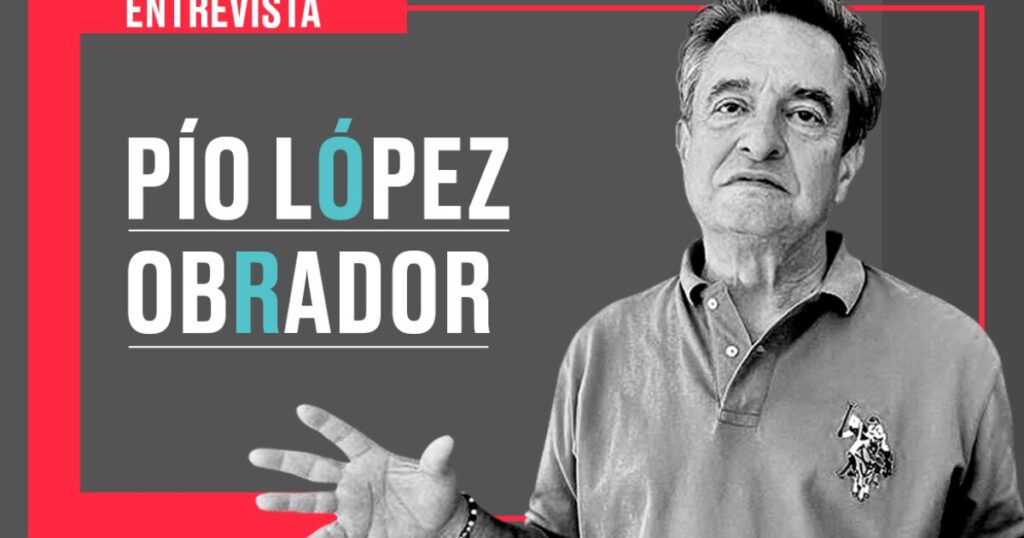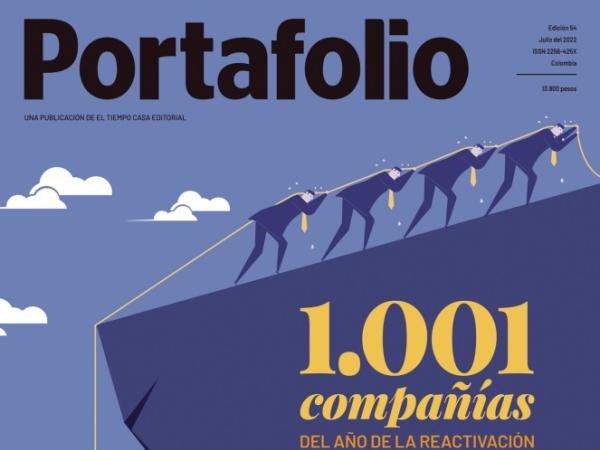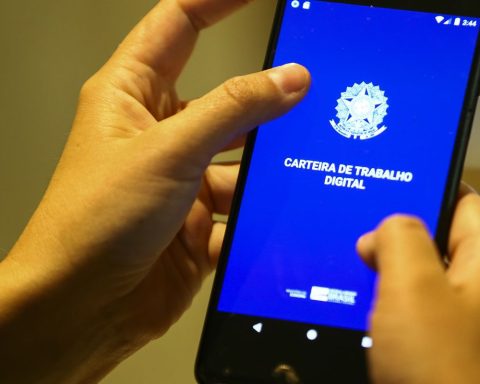MIAMI, United States. – The United States Commission on International Religious Freedom (USCIRF) published its report “Constitutional reform and religious freedom in Cuba”which analyzes the ways in which the Constitution of the Cuban regime “dilutes the guarantees of freedom of religion or belief” compared to the previous Magna Carta.
According to the report, the Cuban government exercises “extra-constitutional control over religious groups; and arbitrarily controls and limits the exercise of freedom of religion and belief without taking into account constitutional guarantees.”
In addition, the text examines constitutional and legal protections for freedom of expression and assesses Cuba’s performance under 36 human rights indicators that are used to determine compliance with international human rights standards.
To prepare the report, USCIRF surveyed Cuban religious leaders who provided information on how the Government of Cuba represses religious actors; and described in detail how the state orchestrates campaigns to discredit religious leaders and followers.
Likewise, the USCIRF recommended that the US Department of State keep Cuba on its “Special Watch List” for participating in or tolerating serious violations of religious freedom.
The investigation carried out by the USCIRF examined 2,483 laws, decrees and other legal norms adopted by the Cuban government after the 2019 Constitution came into force.
To better understand the impacts of the crackdown on religious freedom on the Island, the research included focus group discussion and remote interviews with clergy and lay leaders of multiple faiths.
The report includes specific survey results that validate many of the findings, including:
-
- The Constitution and the laws of Cuba do not comply with the standards of religious freedom and belief in the framework of international law. Of the 36 indicators used to evaluate said freedom, Cuba fails to meet 34 and partially meets only two.
- While the new Constitution retains much of the language present in the 1976 Magna Carta, it removes and thus excludes the ability of religious institutions to be regulated by law. In a society where the rights of freedom of expression are recognized and respected, the regulation of religion would not be required.
- The new constitution reduces the possibility of legal reforms to enable religious freedom rights.
Receive information from CubaNet on your cell phone through WhatsApp. Send us a message with the word “CUBA” on the phone +1 (786) 316-2072, You can also subscribe to our electronic newsletter by giving click here.
